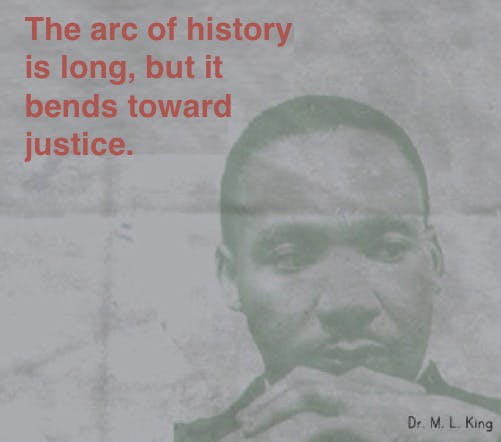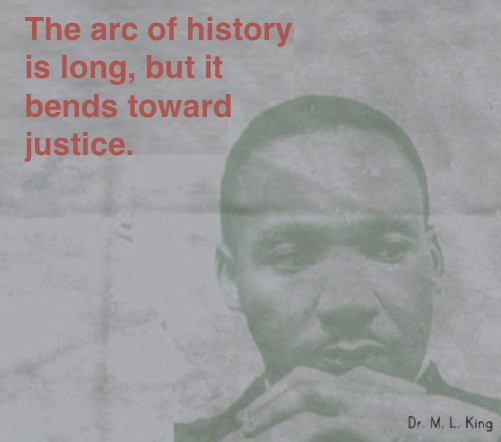Confessions of a Recovering Neocolonialist
Jan 21, 2015
Story


Harare, 2002. The word came. Cash is in the banks. The three colleagues I was standing near at the time and I quickly jumped in the car to get downtown to Standard Chartered as soon as possible.
It was my first “real job” in the development sector after graduate school. I knew enough to know how little I knew, and little else.
The conversation in the car from the office to Nelson Mandela Avenue inevitably turned to the growing inequality between our corporate aid agency staff, due to the rapidly devaluing Zimbabwe dollar in which local staff were paid and the U.S. dollar in which international staff were paid. It was a divide that would continue to grow until it resulted a year later in wide-spread lay-offs, most of which of course affected the local staff.
Naively, I thought that I straddled the divide. As a Fellow, I earned significantly less than the other international staff, though I too received my salary in U.S. dollars and had many of my living expenses covered. Like many, I had worked hard to forge what I thought were strong relationships with the local staff. The fact that I was even privy to the b&*%$ session in the car, for me, was evidence of this.
That is, until the driver of the car, Lovemore, dropped a bomb:
“They’re all a bunch of neocolonialists anyway.”
An uncomfortable silence fell upon the car. It seems Lovemore had forgotten, or maybe not, that there was a budding neocolonialist in his midst.
In the many times that I would go on to but heads against Lovemore (I joined his team a few months later), I remember many times thinking, “Why can’t he just see that we have the same goal?” It would take many more experiences and people who were willing to challenge me to discover, admit, and confront my do-gooder ideas of how change could and should occur. (This is an ongoing de-throning process by the way.)
Thinking back on the experience now, I knew at the time that the North-South aid model built around top down conditionality had not worked and was incredibly dehumanizing and demotivating, despite everyone’s best intentions. What I didn’t know was just how this structure colored every interaction, severely impeded relationships, and even how the admittance of this elephant in the room, or the car for that matter, could stop conversation.
Timothy Ogden in the Stanford Social Intervention Review wrote last year in his article, Lagging Imperialists in Social Entrepreneurship and How to Avoid Them, “Too often we’re seeing ‘solutions’ designed from afar based on a cursory understanding of the lives of the poor gleaned from simple statistics or quick field visits. When that happens, we see failures of the sort common in international aid recently epitomized by One Laptop Per Child and PlayPumps.”
I continually see and hear incredibly harsh, if inadvertent, modernist and racist views shared among colleagues that the poor “clearly don’t know any better” or “just need to…” or “have no capacity.” I now know better that this attitude and behavior is exactly how do-gooders can earn the colonial comparison.
When NGOs gave advice to incoming UN Emergency Relief Coordinator, Valerie Amos, in August last year, one concrete suggestion was to “make humanitarians ‘less white’.
“The international response model must be re-oriented to place local organizations and capacity at its centre, with the international community helping them,” the Steering Committee for Humanitarian Response suggested.
The International Council of Voluntary Agencies agreed. “Relationships between international organizations, including NGOs and national or local agencies, must be improved. There is a broad sense in the humanitarian community that it remains too white [at its power base]. Creating local ownership by 'flipping the system' should see national and local actors in the driver’s seat of humanitarian response.”
Luckily, these days I also hear radical and wonderful new initiatives in the sector in which aid recipients are the inventors of their own theories, critics of other people’s ideas, analyzers of evidence, and makers of their own personal marks on challenging inequality in the world.
On this Martin Luther King, Jr. Day, it’s a revolutionary idea that calls all aid workers to recognize, own, and change our role in what Freire describes as “liberating people from all that holds them back from a full human life.”
I take comfort in knowing that even the United States’ foremost civil rights leader and orator did not begin espousing nonviolent action. As I read today about Dr. King’s life and legacy, I see that he too was influenced along the way by many significant experiences and mentors.
And that is something that gives this recovering neocolonialist hope.
***
This post originally appeared at: http://www.how-matters.org/2011/01/17/confessions-of-a-recovering-neocolonialist/
***
Related Posts
A New Discipline for Development Practitioners
The Carpenters and the Rude Man
Changing the aid system: 5 more ideas from the inside
What is our true job?
More on Why ‘How Matters’




